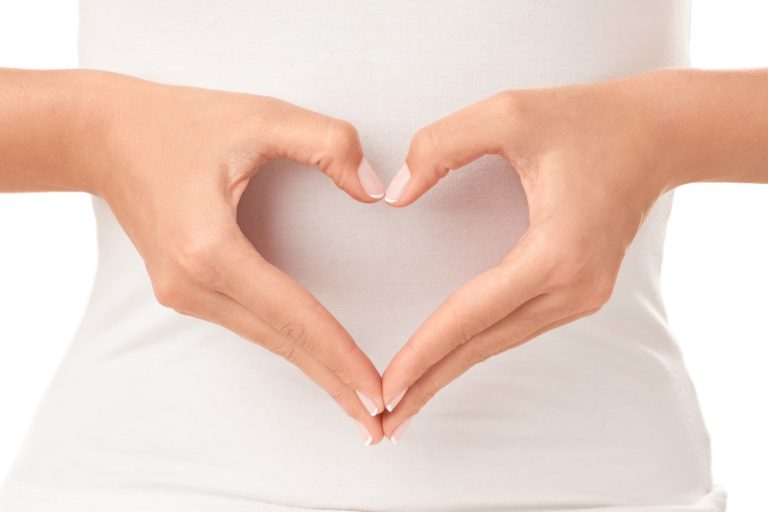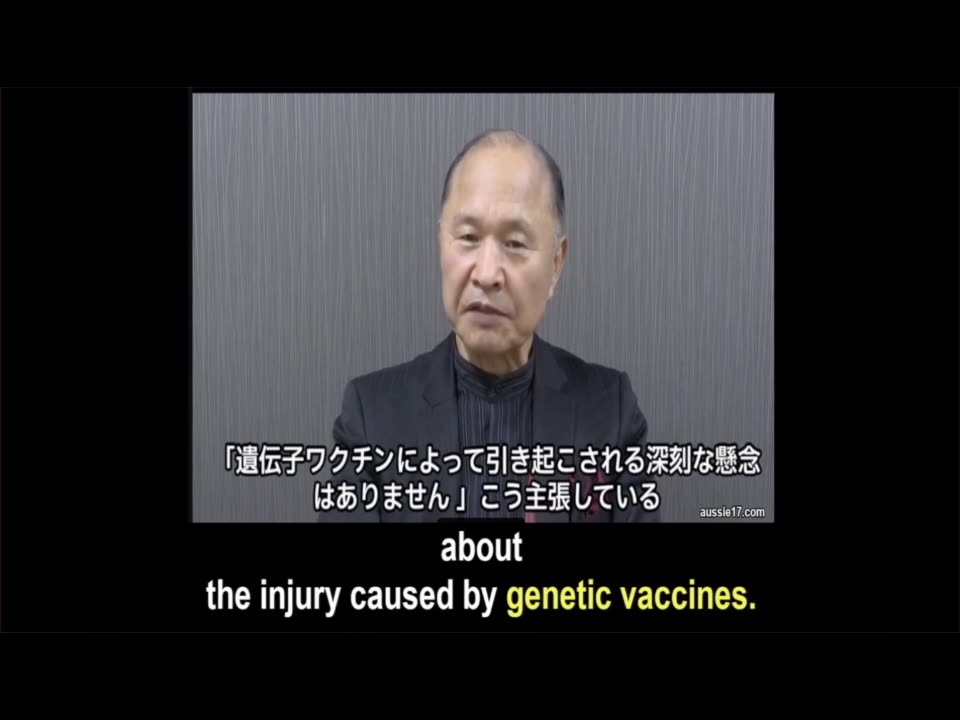- A form of dietary therapy gaining popularity is the “detox diet,” that severely restricts food intake and often involves only liquids.
- Long-term use if these diets may lead to metabolic imbalances and may interfere with the good bacteria needed to keep our digestive processes healthy.
- A healthier alternative is ridding the diet of toxins and focus instead on eating unprocessed, local, and fresh foods.
The Elimination Diet, the Anti-inflammatory Diet, Wheat Belly, GAPS, DASH, Gerson, Paleo, Mediterranean, Atkins… As the importance of diet in the preventing chronic inflammation and disease gains attention, a host of dietary remedies have been suggested in hopes of combating and, hopefully, reversing the negative effects on health of the modern age. In fact, so many specialty diets have been heralded as the Next Big Thing for improving one’s health, or to address a specific health issue, it can be hard to keep track of them all.
This analysis of popular dietary therapies highlights and compares the claims of some of the more widely promoted diets and what is being said about them. This first segment looks at “detoxing,” with a focus on juice or liquid cleanses.
The Detox Diets
“Detox” and “cleanse” are terms that have gained in popularity over recent years, as people grapple with the knowledge that we are being poisoned by an onslaught of toxins encountered in everyday life, whether ingested in the foods we eat, inhaled in the air we breathe or injected in medicines and vaccines. There are any number of diets of this type, all sharing the basic concept of restoring the body to a pure, clean state after a period (or a lifetime) of unhealthy eating or imbibing, to jump start a weight-loss program, or simply as a periodic cleanse, like changing the oil in a car.
Most detox diets involve fasting of one type or another. They run the gamut from the Master Cleanse, a 10-day period of ingesting only a water/lemon juice/cayenne pepper/maple syrup combo with laxatives or flushes morning and night,1 to home made juices or smoothies made with fresh “detox foods,” to celebrity juice cleanse systems that come in the mail and can cost close to $100 a day.2 There are also detox diets that don’t rely on juices or fasting but instead cut out specific foods or food groups and instead focus on a strict regimen of allowed foods.3 4
Is There Truly a Need for Detoxing?
Many doctors question the very concept of toxic overload, claiming that our bodies are already equipped to do an excellent job of getting rid of toxins via our kidneys and liver and breathing and sweating,5 but others argue that while that may be true for most people whose liver and kidneys are in a normal, healthy state, there are those whose systems really need a “reboot.”
With approximately 20% of adults believed to have some form of fatty liver disease,6 both alcoholic and non-alcoholic, it does seem short sighted to believe that our bodies are fully capable of ridding ourselves of toxins, or that the notion of a detox diet is nonsense. Nevertheless, many physicians advise that those with kidney or liver dysfunction probably should not attempt a liquid detox diet, saying that such a drastic change can put additional stress on the kidney and liver.
On detoxing in general, registered nutritionist Stephanie Middleberg reflects that…
When you eliminate toxins from your system, your entire body feels better and reacts both internally and externally.
Adds naturopathic doctor Cathy Wong…
detoxes may shift you away from bad habits (like too much coffee, alcohol, and fatty foods) and help foster healthier habits after you’re done.7
On the other side of the opinion spectrum are the many doctors, including Caroline Cederquist, MD, who say that so-called cleanses are “neither safe nor effective,” primarily because most of them are so low in protein that the body steals what it needs from muscle tissue, rather than fat.
One of the most widely recognized and commercially successful detox gurus is Dr. Mark Hyman, who agrees with Dr. Cederquist and warns that not all so-called detox regimens are created equal. He says it is important to adhere to a detox regimen that is based on sound scientific principles. His detox diets stress the importance of including protein at every meal and allow many foods, just not specific ingredients like sugar and flour.8
Adds registered dietitian Lauren Blake, severely restricting calories the way juicing diets tend to do can send the body into “starvation mode,” making it harder to lose weight (if that is the point of using a juicing cleanse).
Though many doctors concede that doing one of these cleansing detox diets for a few days is probably not dangerous for most people, they can lead to imbalances in potassium and mineral levels and, if prolonged, may result in electrolyte disturbances that could be dangerous.9 Further, cleansing the intestinal digestive system so completely may not only deprive the body of needed nutrients and compromise the ability to fight infection but also can end up by flushing out the important bacteria needed to keep the digestive system healthy, says Lona Sandon, a dietitian speaking on behalf of the American Dietetic Association.10
Dr. Cederquist goes so far as to liken juice cleanses to snake oil, recommending instead…
Cleanse your diet… Get rid of the alcohol and junk food, and replace them with fruits, vegetables and other healthy choices.11
Take Away Points on Detox Diets
Most mainstream physicians, alternative health providers and registered nutritionists seem to agree that fasting or juice-only diets may not pose a problem for otherwise healthy people if used for brief periods, but that over longer periods of time they can lead to dangerous complications including metabolic imbalances and loss of important “good” bacteria from the digestive system.
If a brief detox diet is undertaken as a way to jumpstart a healthier way of eating, or to reboot after unhealthy eating, such as following the classic holiday overindulgence, it may not be harmful. However, most nutrition experts advise that to use a detox diet as a way to lose weight is counterproductive. Those who are pregnant, diabetic, or have severe kidney or liver disease, and those who are immunologically compromised are advised to avoid the liquid diets.12
For those looking for a healthier alternative to the quick-fix detox diets, among healthy eating recommendations that Dr. Joe Mercola recommends is the tried and true Weston A. Price diet, written in 1920 and reliant on sound dietary principles:
- Stick to foods that are natural, unprocessed, organic, and with no forms of sugar, except occasional honey or pure maple syrup.
- Eat local, seasonal food.
- Eat only unpasteurized dairy products (such as raw milk).
- Include fermented foods in your diet.
- One third of your food should be raw.
- Include healthy fats in your diet plan, such as omega-3 (as found in many fish), and reduce intake of omega-6 (as found in many vegetable oils).13
References:
1 Olaski M. Master Cleanse and the Lemonade Diet. themastercleanse.org Dec. 2, 2014.
2 Goyanes C. Your Guide to Popular Juice Cleanses. Health 2015.
3 Hyman M. 7 Reasons You Need to Detox. Drhyman.com Mar. 12, 2015.
4 Kerns M. The Joshi Detox Diet. LiveStrong June 8, 2015.
5 Valliant M. Do Juice Cleanses Work? 10 Truths About The Fad. The Huffington Post May 27, 2015.
6 When the Liver Gets Fatty. Harvard Health Letter Jan. 1, 2011.
7 Goyanes C. Your Guide to Popular Juice Cleanses. Health 2015.
8 Hyman M. 7 Reasons You Need to Detox. Drhyman.com Mar. 12, 2015.
9 Valliant M. Do Juice Cleanses Work? 10 Truths About The Fad. The Huffington Post May 27, 2015.
10 Moores S. Experts Warn of Detox Diet Dangers. MSNBC News May 18, 2007.
11 Khan A. Juice Cleanses: Health Hocus Pocus. U.S. News & World Report June 6, 2014.
12 Moores S. Experts Warn of Detox Diet Dangers. MSNBC News May 18, 2007.
13 Mercola J. Should You Detox to Get Rid of Chemicals? Mercola.com May 23, 2009.















5 Responses
GAP is GAPS – Gut and Psychological Syndrome. Please correct.
Got it… thanks for catching it Beverly.
Editor
Thanks for the article – good piece. GAPS is Psychology, not Psychological.
I think fasting…on lemon juice and water (I don’t use the cayenne pepper or maple syrup), is awesome and I’m a huge fan of fasting, so I disagree with anyone that says it’s dangerous, unless of course, you have diabetes or kidney disease.
The most I go is for two weeks, because I’m a runner, and do NOT wish to lose any weight, so that’s the only negative for me. Of course, I gain any weight I lose right back. But for weight loss it’s a HUGE tool, if done under medical supervision and the weight need not come back IF the person sticks to a super healthy dietary and exercise program.
Tell the millions of people who use juice fasts and just juicing in general that they are wrong and you will hear an outcry like never before. I never believed in juicing as a “way of life” but I do a juice fast every month for one 24 hour period, starting with a mixed veg/fruit drink the evening of the first day, then in the morning a smoothie with fruit and some spinach, at noon a combo smoothie/juice drink (semi-thick) and then the evening meal that day starts slowly back into eating meals by having a green salad with a small good-quality beef burger on the side and a dab of cottage cheese. Most “juicers” don’t use dairy and that’s ok, but I love dairy and refuse to give it up. I can give up those damned black beans and refried beans, but never my dairy – so I’ll never be a vegetarian.
Eating “local” however, is much easier than it sounds. My DH and I have not had chicken in over 3 years because we cannot find people in my area who raise chickens to sell. They raise them for themselves, but not to sell. Our local food co-op has them shipped in from across the State, but a medium sized (4-5 lb) chicken is almost $40, a large hen is over $50. Do you KNOW how ridiculous that is for older people on a budget, not to mention a young family with kids – also on a tight budget? Yeah, eat local, right. No one can afford to eat local where meat is concerned. We get our grass-fed beef from MN, that is the closest place to buy it that we can afford. I live in a State that has about 5 or 6 National Grassland areas, but we can’t buy local grass-fed beef. You figure it out.
Juicing is something the author of this article obviously doesn’t understand in the same context as The Juice Lady (Cherie Calbom) and I’ve just finished reading her book called Juicing, Fasting and Detoxing for Life: Unleash the Healing Power of Fresh Juices and Cleansing Diets. I know for a fact that it’s much easier to lose weight and stay trim for life if you juice fast for even one day a week or even one day every other week. It’s not harmful, it’s not dangerous, and everyone who’s ever been in a hospital can tell you they’re more afraid of THAT food than a juice diet. 😉 Absolute truth.
People shouldn’t write articles about subjects they don’t understand.